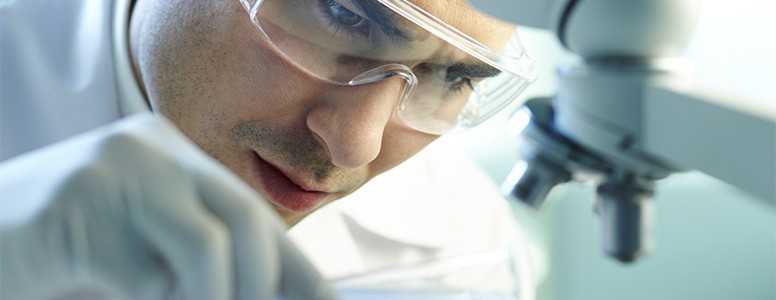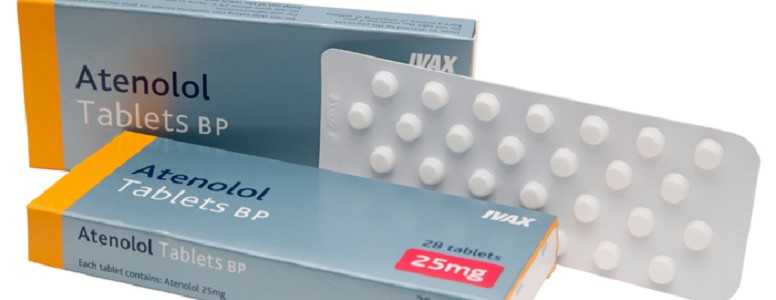A compound called bilirubin could have significant benefits for type 1 diabetes patients following islet cell transplantatio, a new study suggests.
Bilirubin is a yellow pigment located in bile, which is made in the body when old red blood cells are broken down.
In a new study, it was found to significantly decrease islet cell death following transplantation into mice with type 1 diabetes.
“Pancreatic islet transplantation has the potential to provide a potentially curative, non-invasive treatment for type 1 diabetes,” said Dr. Christopher A. Adi, College of Veterinary Medicine, North Carolina State University.
“However, stress and injury can cause up to a 70 percent loss of cells in the first 72 hours after transplantation. We … suggest that the use of this natural antioxidant may provide a method of preconditioning to improve outcomes after allograft transplantation.”
The research, carried out by scientists at North Carolina State University, Ohio State University and the University of California Irvine, involved mice being injected with bilirubin prior to transplantation.
Because the compound has already shown to improve outcomes in solid organ transplantatio, the researchers hypothesised it could suppress the damage caused by the release of damage-associated molecular patterns (DAMPs) in response to immune threats.
Bilirubin did exactly what the researchers thought it would, and it also had several other benefits, including fighting off macrophages. These are cells that digest foreign substance and pose a serious risk to transplanted islet cells.
“With the increasing age of the population, diabetes will increase in prevalence and the demand for new treatment paradigms will become more pressing,” added Dr. Camillo Ricordi, Diabetes Research Institute, University of Miami.
“Use of an anti-oxidant compound to combat immune rejection could be an effective method for overcoming obstacles to the advancement of cell therapy for diabetes.”
The study will be published in a future issue of Cell Transplantation.
What's new on the forum? ⭐️
Get our free newsletters
Stay up to date with the latest news, research and breakthroughs.







